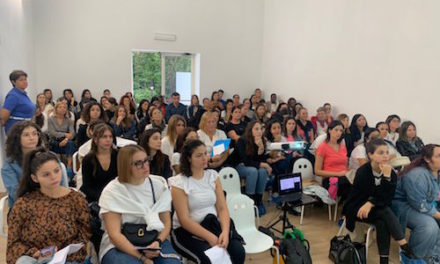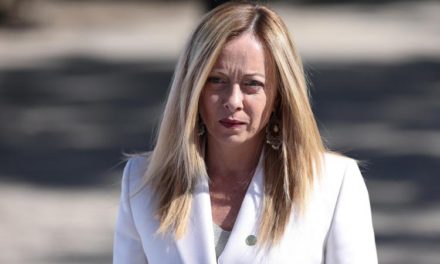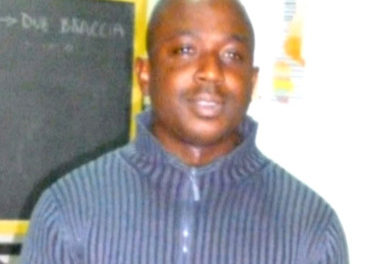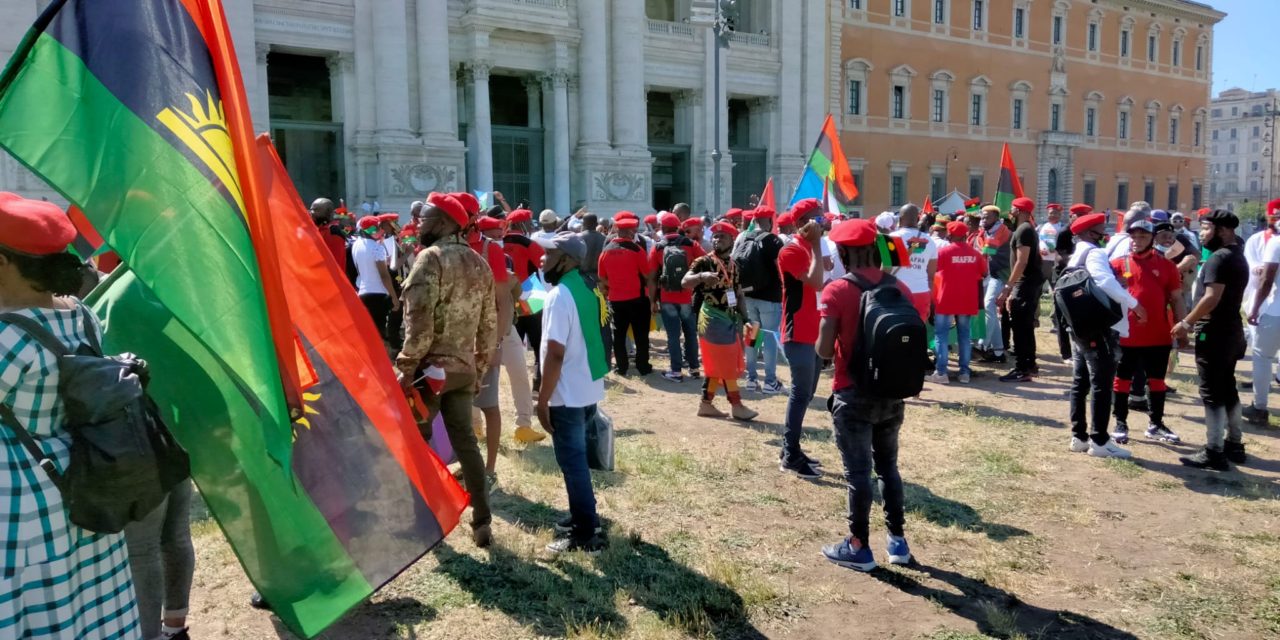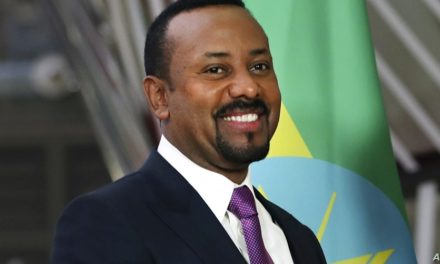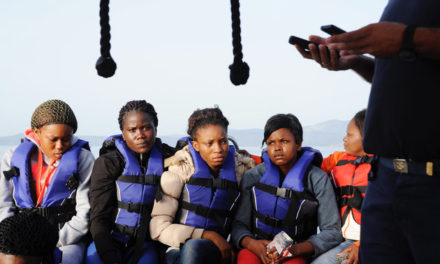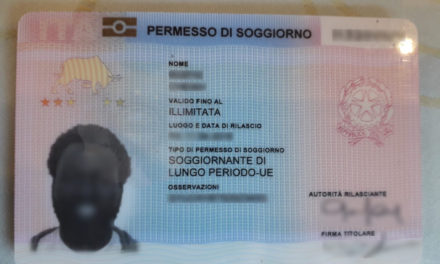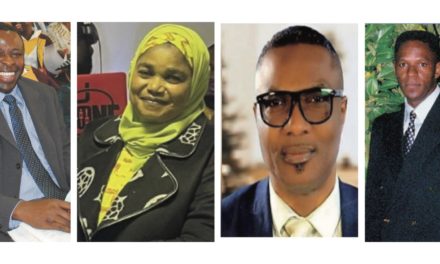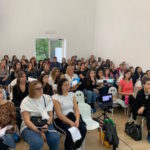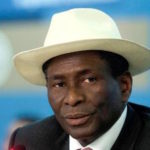Olusegun Obasanjo who rode on the waves of June 12 to power in 1999 refused to acknowledge the enormous sacrifice Abiola and countless others made to wrest power from a brutal and very corrupt military. In toe, his successors Umaru Yar’Adua and Goodluck Jonathan also failed to recognise the place of June 12 in Nigeria’s democratic evolution. But in 2019 all that changed when President Muhammadu Buhari proclaimed June 12 as Nigeria’s democracy day instead of May 29.
June 12, 2021 was unique as the count down to the day saw various agitation groups, which by the way are on the ascendance in the country, calling on their followers to hit the streets in protest of bad governance that had bedevilled Nigeria. The calls resonated so much the Buhari’s government was jolted. The government became very alert, making its own strident calls, deploying security forces and paid supporters to counter moves of the agitators.
On the D-day it was a no show safe for pockets of protests here and there in the southern parts of Nigeria. In Abuja the seat of power, the few protesters who managed to come out were promptly dispatched by agents of the Nigeria Police. In the diaspora the much publicised protests didn’t even hold in major cities across Europe and North America as had been planned.
Some protesters came out in London but major cities like Manchester, Liverpool and Birmingham with large concentrations of Nigerians didn’t answer the call. In Italy, in spite of the spirited efforts made by organisers on social media to mobilise, only a handful of people showed up in front of the Basilica di San Giovanni in Laterano in Rome the designated venue of the protest.
AfroLife findings indicate that while the government deployment of the security forces may have dissuaded people from coming out, in the diaspora the enthusiasm for the protest was low because majority of people are out of work and worry about their future in a post-covid Europe, where jobs are few and apart.

